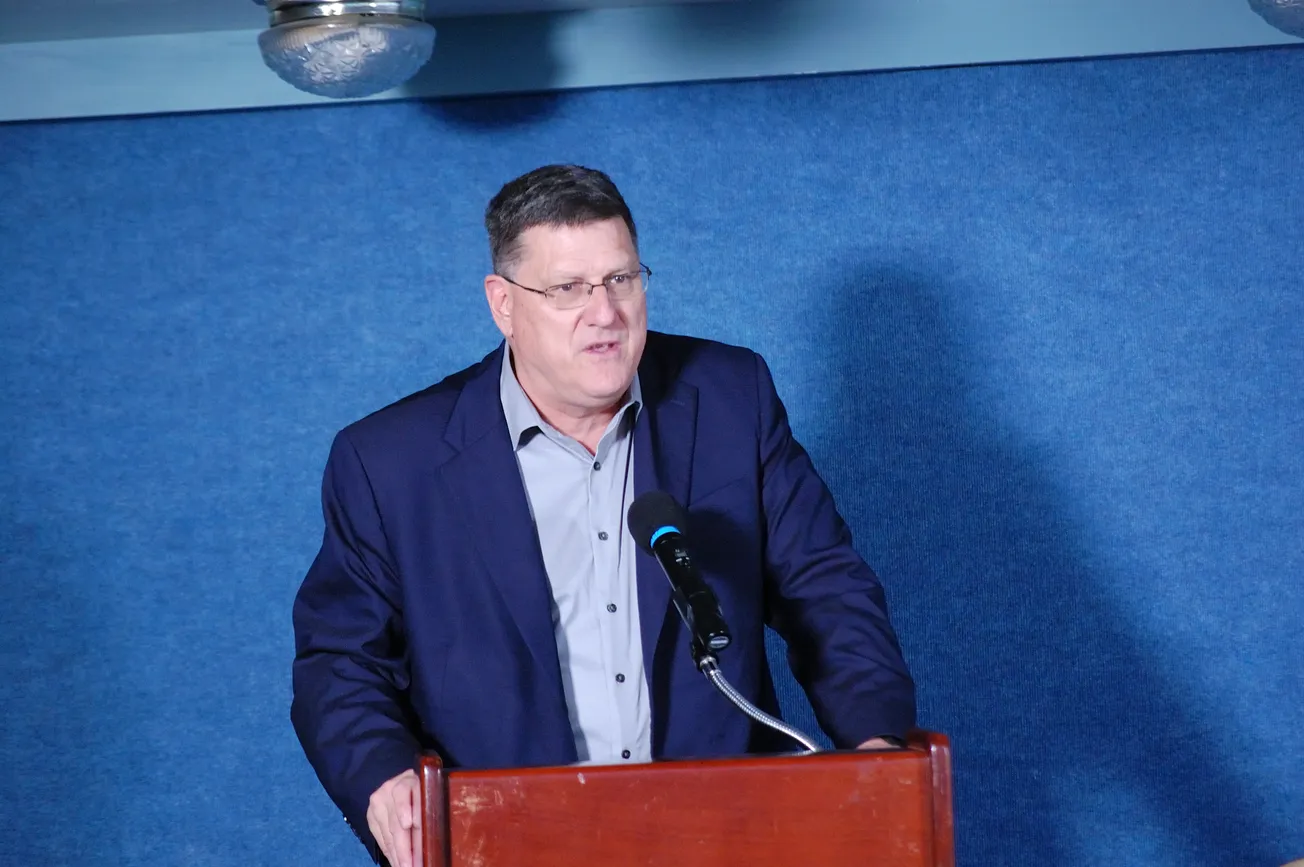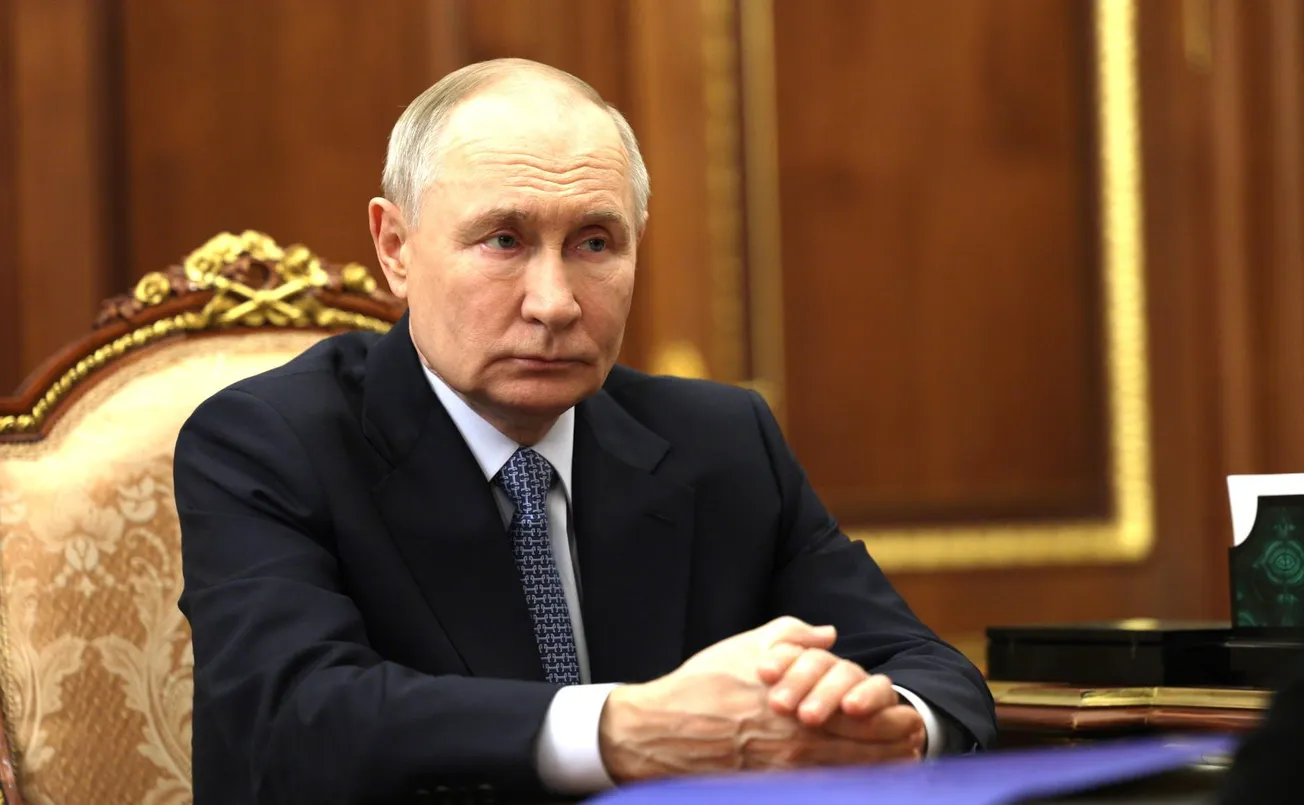German Gen. Harald Kujat (ret.) talks about his views on the Ukraine war in a lengthy interview with the June 15 issue of the Swiss journal Zeitgeschehen im Fokus, voicing skepticism concerning the Ukrainian capacity to make a real in-depth breakthrough against the Russian troops. None of the Western weapons delivered to Kiev so far has been a game changer giving Ukraine a real advantage. This could change particularly with long-range missiles that could reach targets deep inside Russia, knocking out the launchers of Russian missiles—that however would be seen by Russia as an existential threat and definitely lead to a retaliation, Kujat cautions. [https://www.zeitgeschehen-im-fokus.ch/de/newspaper-ausgabe/nr-9-vom-15-juni-2023.html#article_1529 ]
Whereas the battlefield and general military perspective is fraught with many open question marks, steps toward a solution through talks are gaining urgency, Kujat says, adding that “in this context, the Chinese position paper is interesting. On the one hand, because it refers to the two UN resolutions calling for peace negotiations. On the other hand, it proposes the ‘resumption’ of the negotiations, which apparently refers to the status of the negotiations at the end of March last year. This would set aside all preconditions. Of course, they could come up again in the negotiations, but they would not prevent the negotiations from starting.” [https://www.fmprc.gov.cn/eng/wjdt_665385/2649_665393/202302/t20230224_11030713.html]
As the interviewer interjects, “This proposal was dismissed by the West as Russian propaganda,” Kujat points out: “Yes, it was immediately reflexively rejected by the West, but in the meantime something is happening in the background. The Chinese have appointed a special envoy who has already traveled to Moscow and to Kiev to sound out the willingness to negotiate. And after the French President’s visit to Beijing, there is apparently bilateral cooperation on a concrete negotiation plan.”
A lot naturally depends on the U.S. side in this entire constellation, Kujat says, noting “a greater realism seems to be taking hold in the U.S. about what Ukraine is capable of achieving militarily and about the American intention to weaken Russia as a geostrategic rival. Especially as the bloc formed by the BRICS countries grows stronger and threatens U.S. geopolitical supremacy. The Ukraine war has created the greatest risks for Europe. For the U.S., on the other hand, ever greater challenges are emerging as a result of China’s emergence as the world’s leading power. The U.S. foreign and security policy focus is therefore shifting to Asia faster and more consistently than previously expected.”
As for Germany in particular, Kujat insists: “At least, I would expect German policy to be guided by its own national interests and for this to be evident both in its information policy and in its actions. For example, I consider the lack of a German arms delivery strategy based on a rational military balance of ends and means and defining realistic goals consistent with our national security interests to be a dangerous blind flight. In the context of the strong involvement of other European states and the European Union, this makes the risk of a Europeanization of war a real danger. A rational overall strategy would have to provide answers to the following questions: What military and political goals of the Ukrainian government is the German government willing to support? Is this support provided only to the extent that these goals are compatible with German security interests? To what extent is the German government willing to accept long-term and possibly irreversible damage to the German economy caused by sanctions?”
Recall that General Kujat’s last military deployments were as Bundeswehr Chief of Staff from 2000-2002 and as Chairman of the NATO Military Committee from 2002-2005. (rmo, rap)



